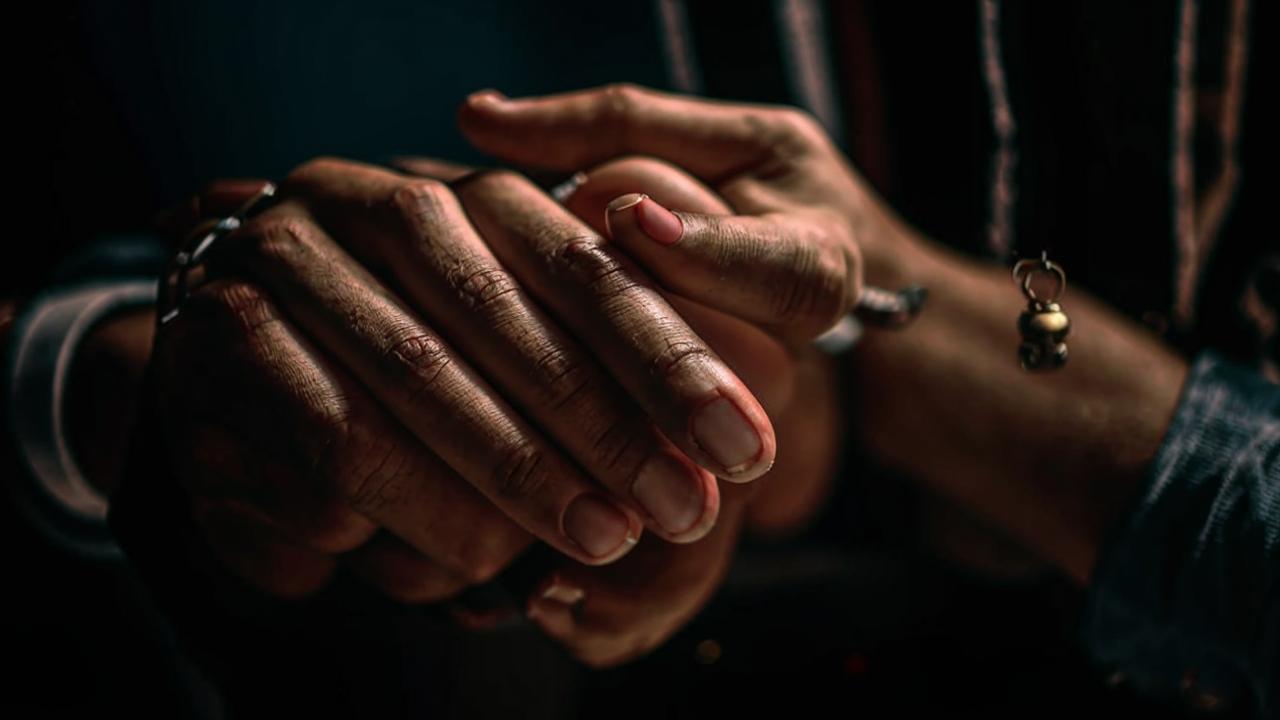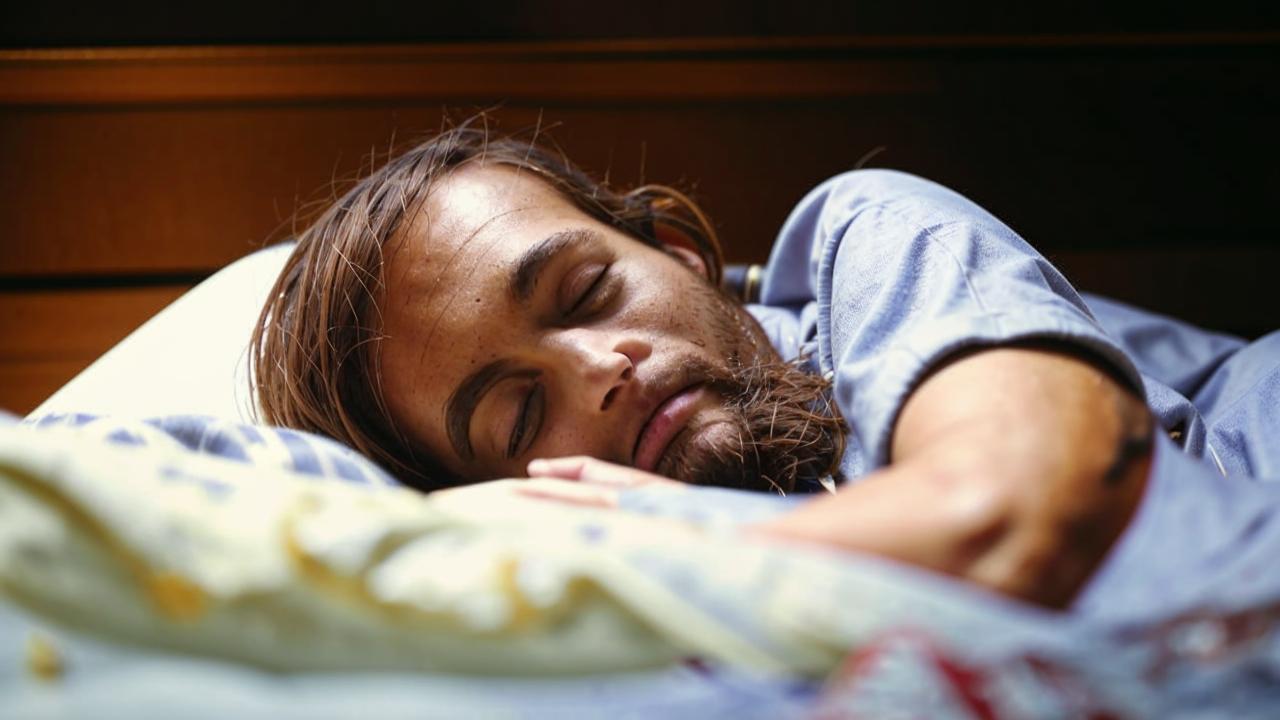Insomnia, sleep disorders, and simply lack of time to get to bed are a common problem in modern society. Olga Ivanovna Begasheva, doctor of Osteo Clinic, somnologist, neurologist, tells us what it is fraught with for your body.
Almost every person the next day after a sleepless night feels tired, decreased mood, dexterity and speed, and especially memory and concentration. If such feelings do not occur, you are really lucky.
The most problems are experienced by people engaged in laborious work. A weightlifter can restore his performance in 4 hours of sleep, and a chess player should not hold a game at all if he has had little or no sleep.

What sleep disorders depend on
Systolic blood pressure depends on the duration of sleep. According to it, it is easy to determine the likelihood of risk of cardiovascular disease and high blood pressure.
Insomnia can be of three types:
Sleep disorders occur in people of different professions and ages. The first “rehearsals of insomnia” occur at school age. As for professional athletes, most often sleep disorders occur in representatives of aesthetic sports, then – contact sports, less – in team athletes and archery, also in car racers or tennis players.
The least frequent sleep disturbances occur in high-risk sports, such as rock climbing. This fact can be explained by the fact that people involved in dangerous sports live consciously, monitor themselves and their sleep schedule. In contact sports, high loads with overstrain of the psycho-emotional sphere through the release of cortisol negatively affect sleep.

What affects the quality of sleep
Immunity and memory depend on the quality of sleep. In sleep, the body recovers. In the slow stage, which is the deepest sleep in the first third of the night, somatotropic hormone is released – growth hormone, which has anabolic activity, which is manifested in the improvement of protein-synthetic functions of the body. Deep sleep is followed by a fast with dreams. An abundance of vivid and vivid dreams is often found in insomnia. Most severely it occurs in those gripped by anxiety, in this case it becomes difficult to fall asleep. In depression, however, early awakenings are noted.
What happens from lack of sleep
If you sleep at night and during the next day failed, nothing much will happen, provided that sleep after that is sufficient and regular. This approach is sometimes used in the treatment of patients with mild depression. This method is called sleep deprivation and allows you to achieve a deepening of sleep after “missing” the night. But if such violations have a long and regular character and in addition are accompanied by breathing difficulties, metabolic syndrome occurs. In this case, the sleep of a person can be compared to the labor of a miner in the mine to overcome respiratory disorders. Blood pressure may rise in the morning, over the years tissue resistance to insulin increases, the risk of diabetes mellitus, obesity and early vascular atherosclerosis is formed. To remedy the situation, CPAP therapy is used to create a constant positive pressure in the upper airways, which prevents the walls of the pharynx from collapsing during sleep.
If a person has to work intensively and does not sleep for several nights, in rare cases, a single generalized convulsive seizure may occur, which then does not recur. There is a severe disease of agripnia – excruciating insomnia. This disease mainly affects patients with mental disorders and patients with alcoholism in the last stage. The duration of such insomnia can be counted in days – there are hallucinations, fears, nightmares, delusions, lost contact with reality.

What happens if you do not sleep for several days?
The record for insomnia belongs to Rand Gardner, who was without sleep for 264 hours and 30 minutes, which is 11 days. After 1963, when this experiment resulted in severe mental damage to the subject, such tests were banned.
Nerve cells need sleep, the brain needs to free itself from waste products, accumulate neurotransmitters, develop a plan of action for the future, memorize images of the day. The body needs rest. It has been proven that among flight attendants and nurses working night shifts, cases of cancer are more common.
A day without sleep. Feelings of tension, nervousness, anxiety. In the afternoon, physical and mental fatigue. Due to the release of stress hormones, mainly cortisol, blood pressure may rise. Work capacity is maintained.
Two days without sleep. Attention concentration is disturbed, marked physical and mental fatigue. There is a depletion of mediators of the central nervous system.

Three days without sleep. Possible memory disorders, sensation of self in space and time, hallucinations. At this stage during the daily sleep changes may be reversible. However, due to overexcitation, it can be difficult to fall asleep. The level of basic metabolism decreases.
Four days without sleep. There is a disruption in the work of internal organs, ulcer disease or heart disease can be aggravated. Interruptions in the processing of sensitive impulses, in addition to hallucinations, delusions may occur, which require urgent medication.
Five days without sleep. There is a violation of the exchange of neurotransmitters in the parietal, temporal and frontal regions, intracerebral connections are disrupted. At this stage, the changes can be irreversible. Speech is disturbed, a person does not recognize the image of the object and can take a road sign for a person, all kinds of memory and thinking are affected.
Every person needs quality, full and sufficient sleep. Diagnosis and treatment of disorders is engaged in a doctor-somnologist. It is necessary to establish the correct diagnosis, conduct a full study and start treatment in time.






